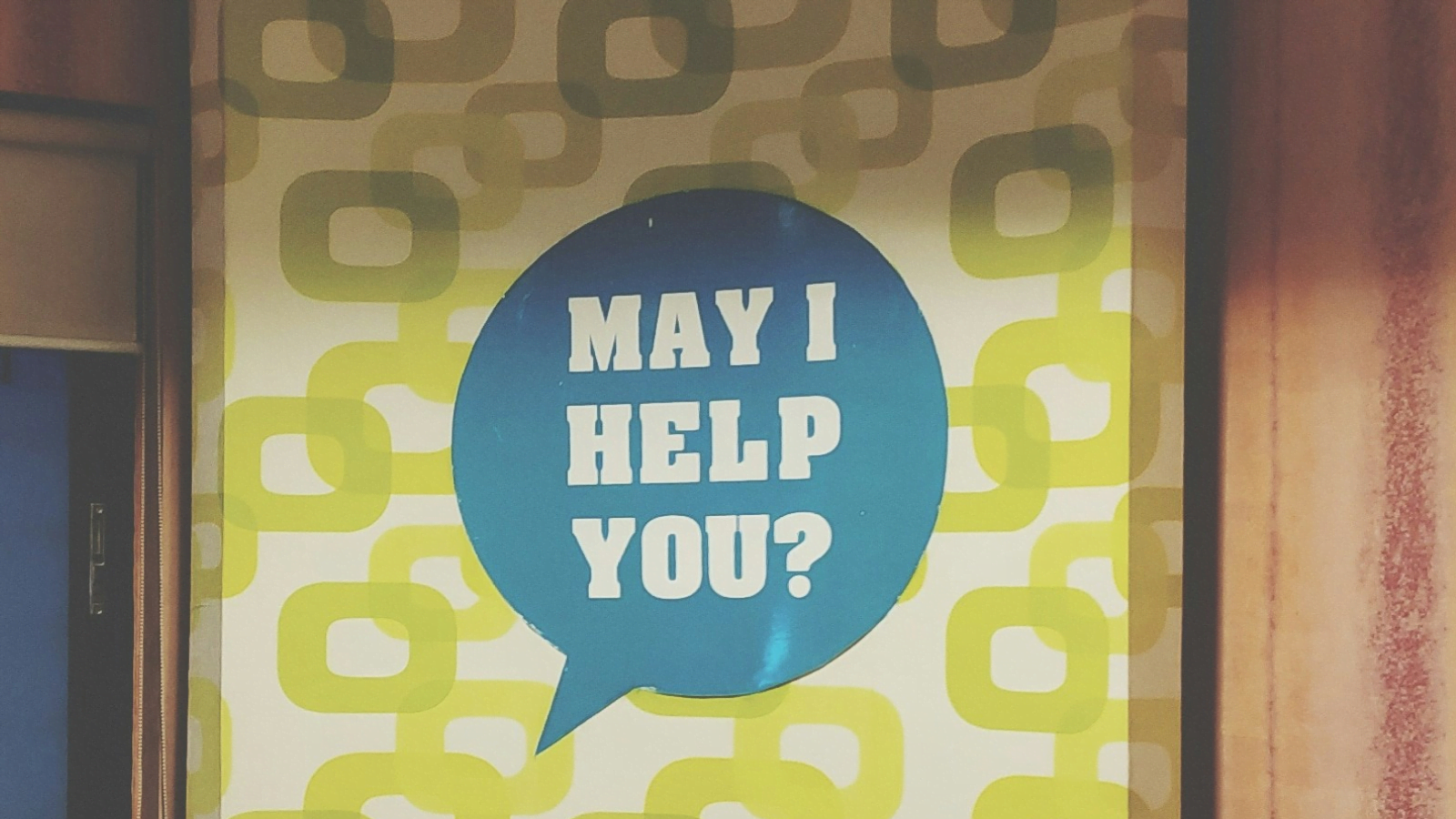When designing a chatbot, the question we often ask ourselves is "what kind of personality does it need?".

More and more, research is showing that this is not necessarily the best question to ask. But if you can't use a personality, and if you can't be humanlike - how can you structure the design of your chatbot replies?
In this paper, Ronda et al. provide us with an alternative: roles.
The main takeaway of the paper is that using roles helps guide the design, prototyping and testing of your chatbot's conversations.
And no, a role is not a personality. Imagine lining up 100 librarians. They all have the same role, yes - but they'll also differ greatly in personality! So let's take a look at the four types of roles that Ronda et al. identified in their work:
- Confidant - friends, companions, family members, partners, parents.
- Teammate - colleague, collaborator.
- Task performer - butler, maid, housekeeper, assistant, servant.
- Expert - therapist, nurse, coach, teacher, guide.
How to use these roles?
To help teams designing chatbots based on these roles, the paper also created "role cards" - a one page document per role giving a little description of the role to help the design process. A big benefit of the cards is how easy they are to use. "Imagine how a friend would say it" is much easier to apply when writing content than a generic guideline like "speak the users' language" (do check out these usability heuristics if you haven't already!).
So if you're looking to design, or perhaps redesign your chatbot, take a moment and think: what kind of role fits for your chatbot, given your business case?
Following that, consider the different ways in which your bot can show that it has that role, and agree upon them in your team. Create a one page document with these agreements that everyone in the team has access to and use it as the backbone for every conversation that you have: both for the creation of new ones as for a guided test of existing ones.



